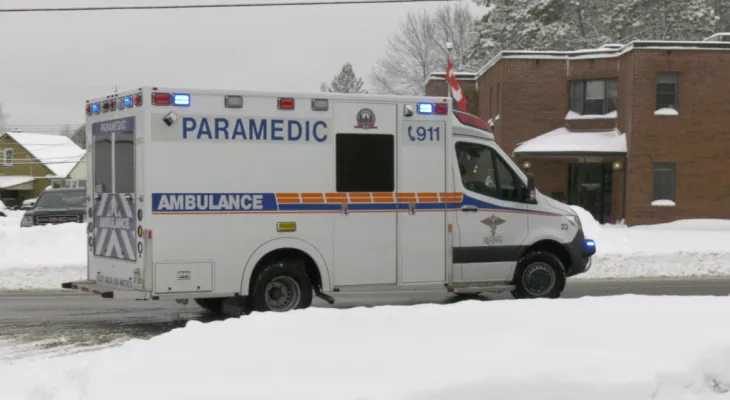Search here
Newspaper
Search here

Arab Canada News
News

Published: January 24, 2024
A new study indicates that most Canadians do not believe that the quality of healthcare in their province is likely to improve, despite new federal health agreements with several provinces designed to address the unfolding healthcare crisis across Canada.
The survey conducted by Leger comes about a year after the federal government offered a $196 billion health agreement to the provinces to increase health funding and address the growing shortage of healthcare workers.
Doctors, nurses, and other healthcare workers have warned for years of a severe shortage of healthcare workers, leading to a lack of staff in emergency rooms and a shortage of primary care across the entire health system.
The survey found that Canadians feel affected, with 70% of participants saying they are worried that they or a family member will not be able to get good medical care if needed.
So far, Alberta, British Columbia, Prince Edward Island, Nova Scotia, and the Northwest Territories have signed individual agreements with the federal government to increase federal health funding and target weaknesses in their own systems.
Even with governments showing signs of working together to improve the situation, only 17% of survey participants said they feel that the state of healthcare is likely to improve in the next two years.
And 87 percent of people surveyed in Atlantic Canada said they are worried that they will not be able to get the care they need.
People in Atlantic Canada and Quebec were more likely to rate their health systems as poor or very poor, at 66 percent and 51 percent respectively.
At the same time, 46 percent of Albertans and 40 percent of British Columbians said their healthcare systems were good.
Leger asked people to choose words that come to mind when thinking about healthcare systems in Canada; 66% chose "long wait," 42% chose "stress," and 40% chose "failure."
When asked about the shortage of healthcare workers, 67 percent of participants pointed to poor working conditions and long hours in hospitals.
Forty percent said the problem is due to cuts in health funding, and another 40 percent blamed retirements during the COVID-19 pandemic.
Last year, provincial premiers urged the prime minister to negotiate a new health funding deal to address the deteriorating state of their healthcare systems.
All provinces except Quebec have signed the Ottawa deal in principle; the provinces have until March to sign an individual deal with Ottawa to receive funding.
Comments